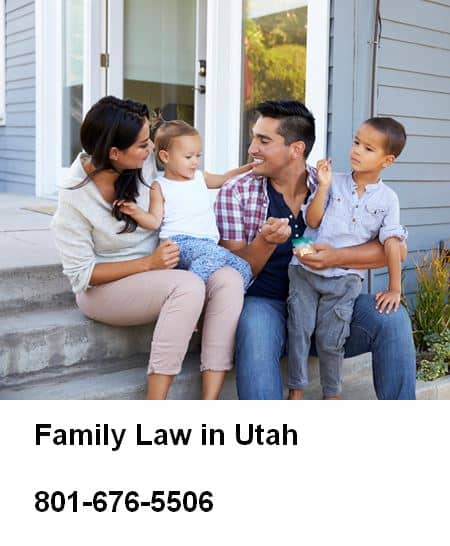A common law marriage is one that can be entered into without a license or ceremony. It refers to the reality that many people live together as if they are married, but never take steps to file official paperwork to make it legal.
This arrangement has its advantages and disadvantages, and it’s important to understand the extent of your rights and responsibilities as a partner in this type of relationship.
In a friendly tone: A common law marriage is one that has been established without the legal formalities of a ceremony or license. The problem for many unmarried couples is that it’s not always clear if their relationship will be considered a common law marriage.
The general rule is that there must be an agreement between two people and an understanding of opening themselves up to the responsibilities of marriage (such as support, fidelity, and shared property). In addition, there must also be some sort of cohabitation (living together) for the relationship to count as a common law marriage.
Probably any family law attorney or divorce lawyer in Utah will tell you: there is no such thing as a common law marriage in Utah. There is a such a thing as a marriage like relationship in Utah. You have to go to court to get this done. You need evidence that you have held yourselves out as a married couple. Call us to talk about how it’s done.
Unsealed Court Records Reveal Insights
The high-profile case of death-row inmate Ron Lafferty just got cracked wide open, with records and court documents from the trial now available to the public thanks to a federal judge’s ruling. The article in the Deseret News explains why case details, professional opinions and psychiatric evaluations were originally sealed and why opening these records to the public helps to keep our judicial system transparent.
Last fall, several local media filed a petition to unseal the records that would open dozens of documents to the public and lawyers in Utah alike. The federal judge in the current case agreed to unseal the records because he believes that Lafferty is indeed of sound mind and does not suffer from a mental illness “that impedes his ability to communicate and help his lawyers in Utah prepare his case. ” Many of the documents contain medical and psychiatric opinions about the condemned criminal’s mental health and legal arguments over whether he was fit to stand trial and competent to move ahead with a federal review of his case. Sixty-nine documents and 17 formerly secret docket entries have been sprung wide for all to see.
Salt Lake City media attorneys argue that access to the records and documents promotes accountability and confidence in the judicial process – ideals that are integral to a working justice system in the US, especially in cases such as Lafferty’s, where the penalty is death. With such high stakes, it is imperative that these decisions and rulings not be held in a vacuum of closed courtrooms and secret meetings between privileged judges and lawyers in Utah.
The petition to open the records was filed last October on behalf of the Deseret News, KSL-TV, the Salt Lake Tribune and the Utah Headliners chapter of the Society of Professional Journalists. The records had been sealed in 2009 at Lafferty’s attorneys’ request when questions about their client’s mental competency began. The attorneys argued that they shouldn’t be forced to disclosed attorney-client information and that Lafferty’s privacy concerning his mental health should be respected. At the time, the judge agreed to seal the records. Salt Lake City media attorney Jeff Hunt didn’t necessarily agree with the move, noting that closing the court records as a default position runs contrary to the First Amendment, which assumes that court proceedings will be open to the public. Lawyers in Utah may claim attorney-client privilege, but the proceedings brought out in a courtroom don’t necessary fall under that designation. In a case where the defendant’s life is at stake, Hunt saw opening the records as a way to promote responsible decision making. He also said that it would hold the judicial system accountable for its proceedings – a very American ideal, indeed.
Lawyers in Utah look on as this case and its records can now be unpacked by the media, your next door neighbor, and anyone else who wants to weigh in – and most everyone wants to. The case itself is one of extreme notoriety. Claiming that they were directed by God, Lafferty and his brother have been found to have been responsible for the deaths of their sister-in-law and her fifteen-month old daughter in 1984 by slashing their throats. Having exhausted his appeals in state court, Lafferty and his attorneys will prepare for a federal review.
Free Consultation with Divorce Lawyer in Utah
If you have a question about divorce law or if you need to start or defend against a divorce case in Utah call Ascent Law at (801) 676-5506. We will fight for you.
8833 S. Redwood Road, Suite C
West Jordan, Utah
84088 United States
Telephone: (801) 676-5506
More Divorce Information


